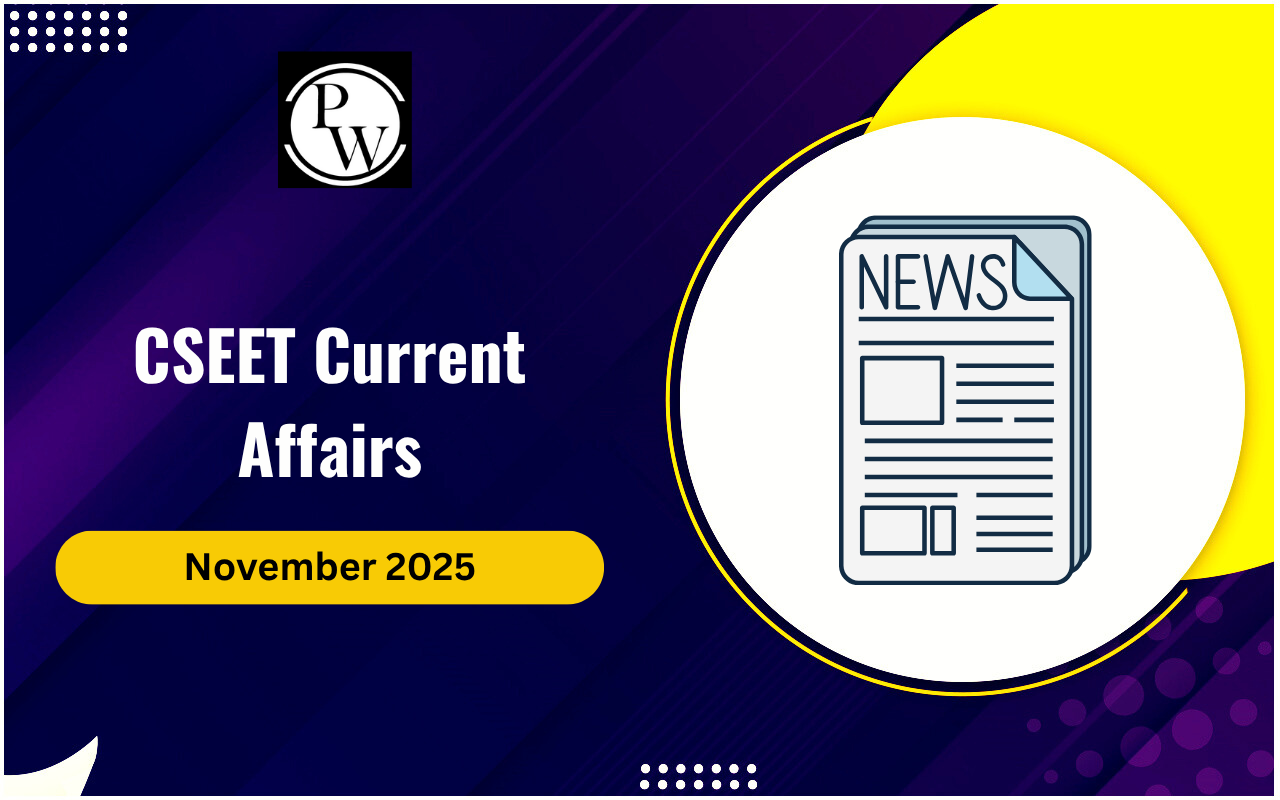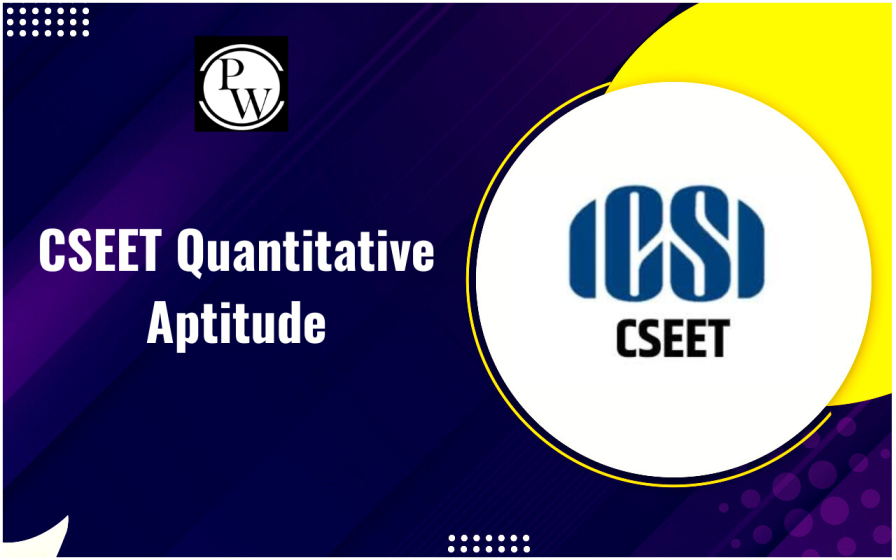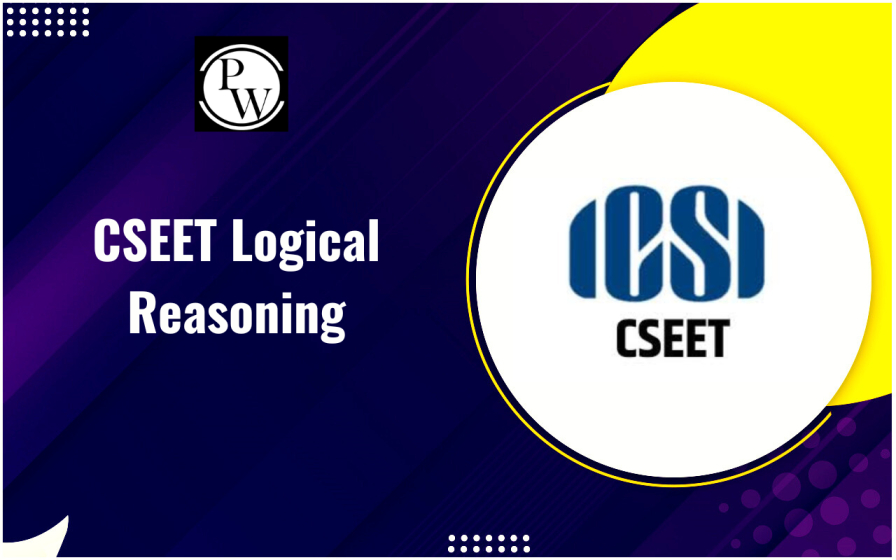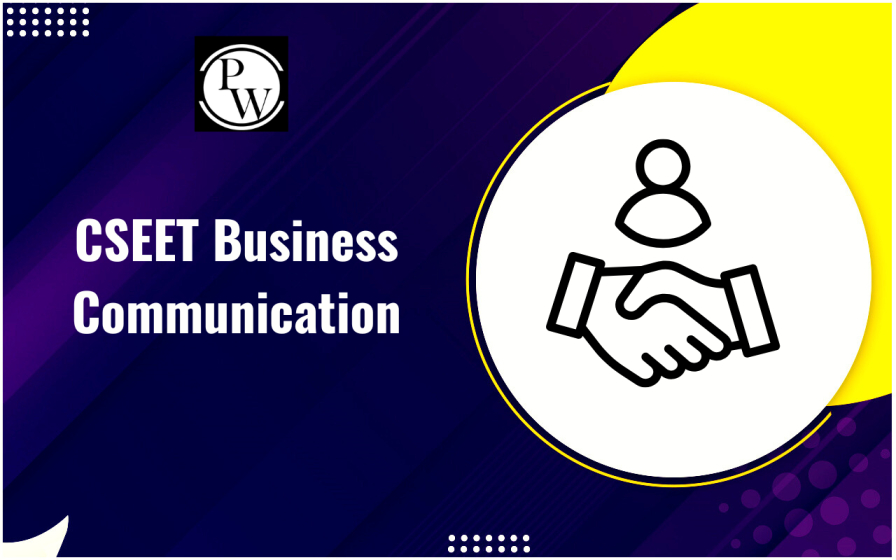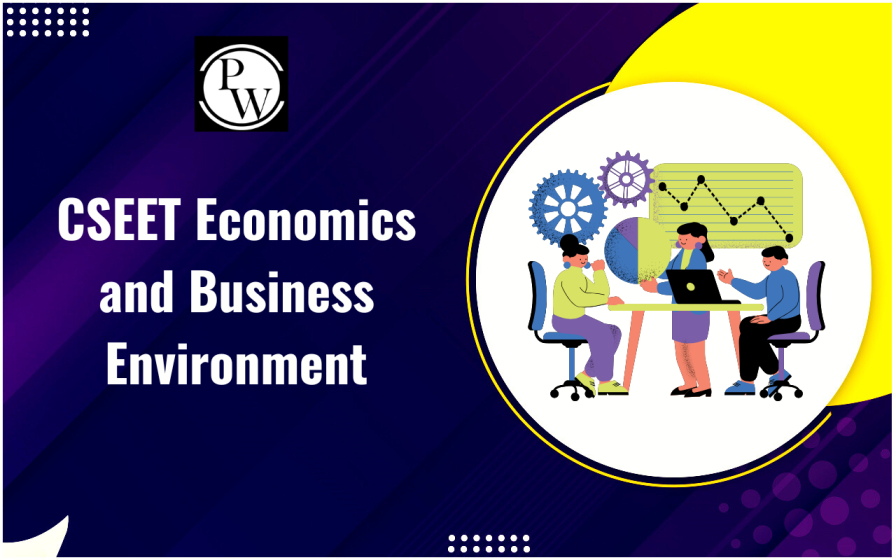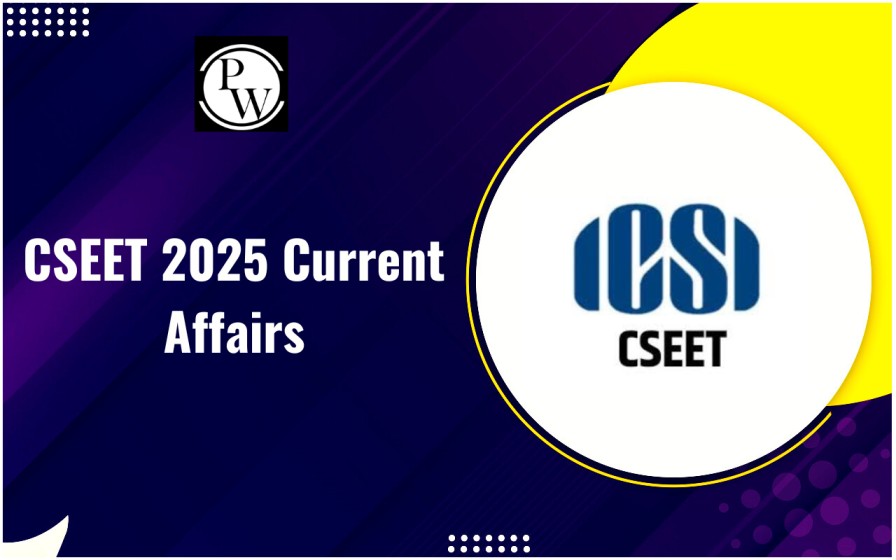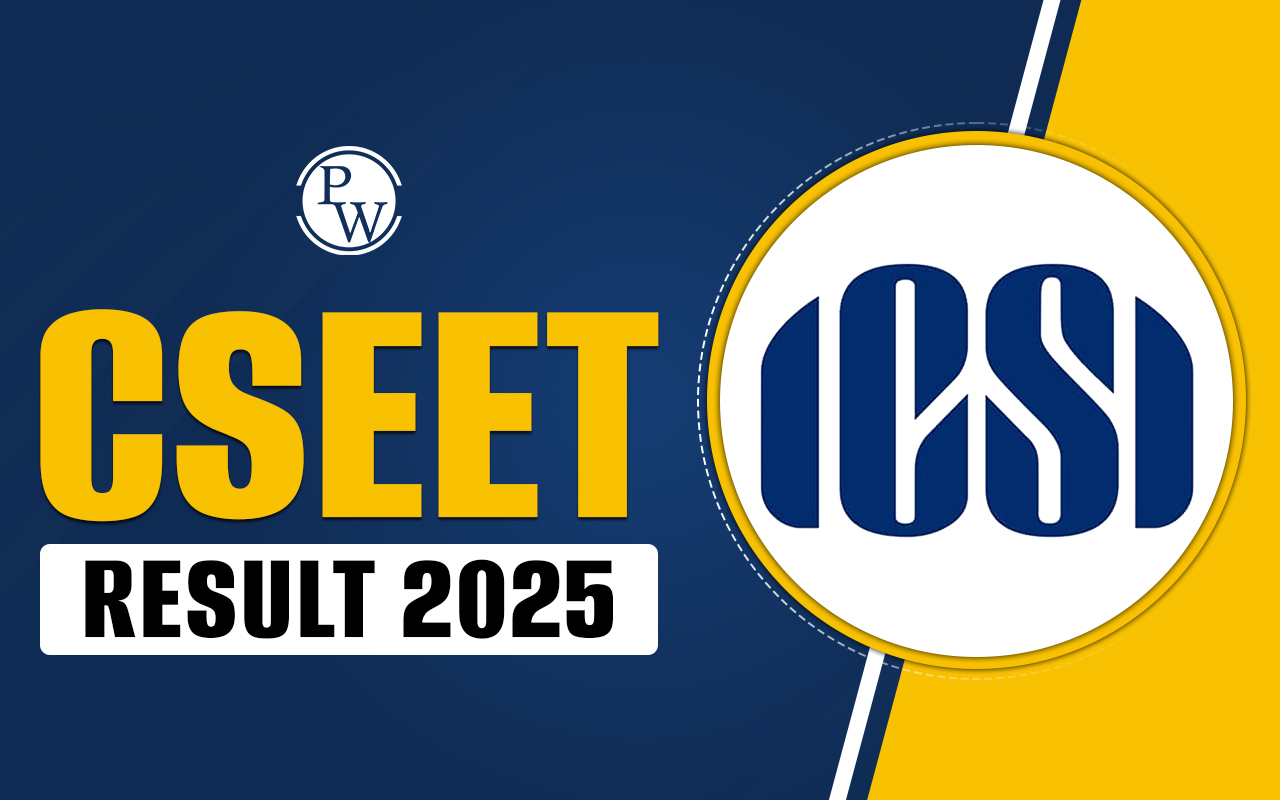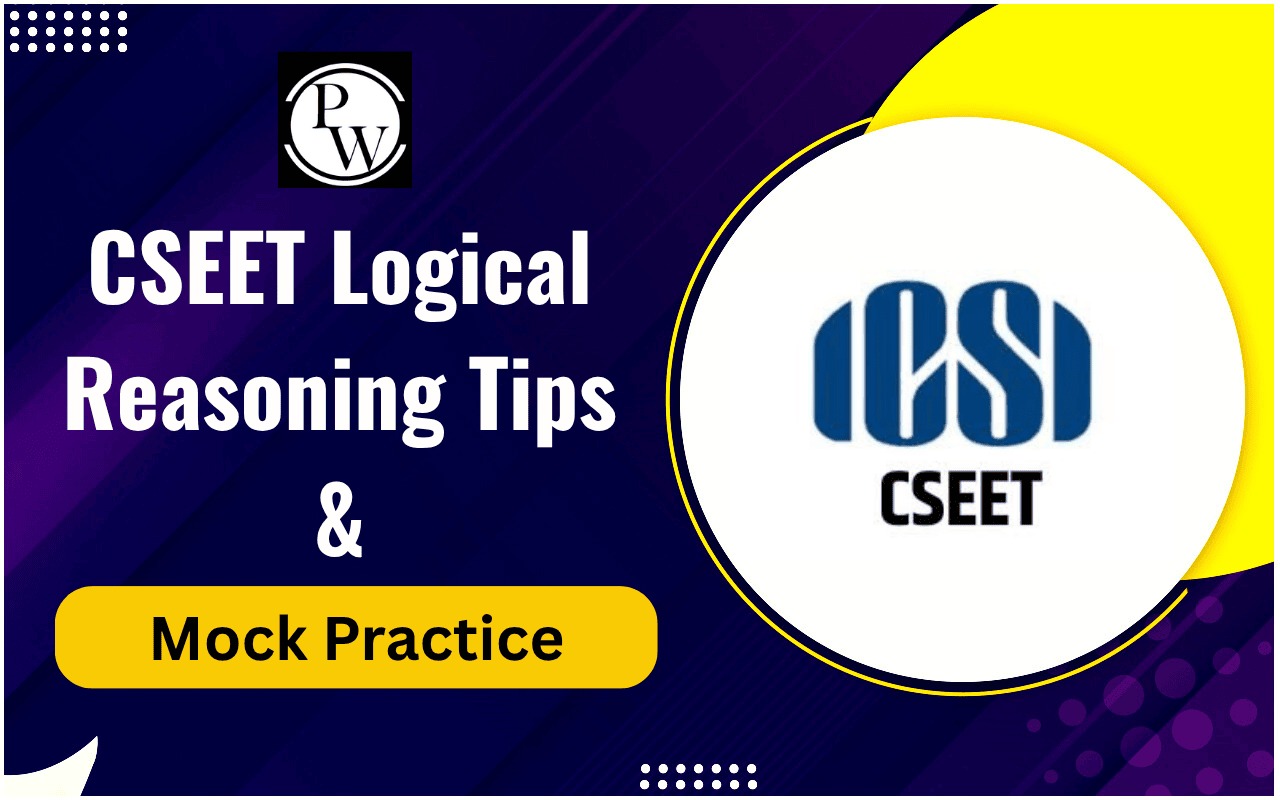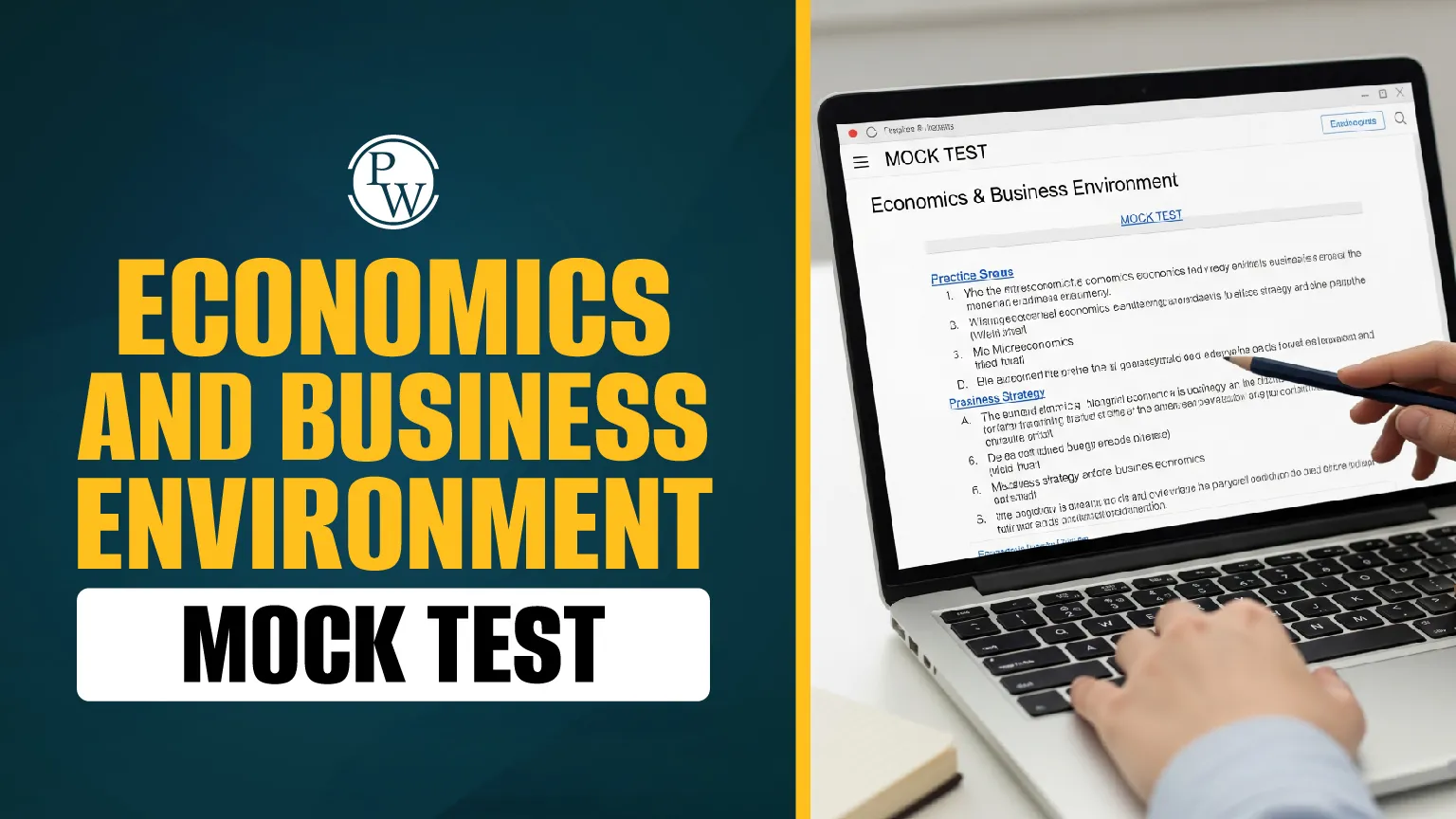
Legal Aptitude and Logical Reasoning Questions: In competitive exams like CS Executive, CSEET, CLAT, and various government tests, two sections stand out for their significance and challenge—Legal Aptitude and Logical Reasoning Questions. These areas demand not just memorization but a well-rounded understanding of law and logic. Practising them together ensures balanced preparation, combining sharp reasoning with legal clarity. Whether you are a CS aspirant or preparing for law entrance tests, focusing on Legal Aptitude and Logical Reasoning Questions is a smart move to enhance your exam readiness and accuracy under time pressure.
Why Focus on Legal Aptitude and Logical Reasoning Questions Together?
Most competitive exams are time-bound and require students to switch between legal case scenarios and logical puzzles quickly. Legal Aptitude and Logical Reasoning Questions, when prepared side by side, train the brain to transition seamlessly between reading comprehension, case analysis, and decoding logical sequences. The combined practice improves retention of legal concepts and boosts your ability to spot patterns and contradictions instantly.
Students who regularly practice Legal Aptitude and Logical Reasoning Questions tend to perform better in sections that require quick judgments and interpretation skills. Combining them also simulates the real exam scenario where both sections appear in succession.
Also Check:
Importance of Practicing Legal Aptitude and Logical Reasoning Questions
Legal Aptitude and Logical Reasoning Questions cover a broad array of competencies:
- Legal Aptitude involves constitutional provisions, company law, contract law, tort law, and ethical standards.
- Logical Reasoning tests decoding patterns, assumptions, conclusions, analogies, blood relations, syllogisms, and direction/time-based reasoning.
Together, they evaluate your ability to analyze information, apply laws, and reason logically under pressure. This is why competitive exams like CSEET and CS Executive heavily rely on these question types.
| Current Affairs and Quantitative Aptitude Questions | Economic and Business Environment Question |
Approach to Solving Logical Reasoning Questions
Logical Reasoning requires quick thinking and familiarity with patterns. Key question types include:
Coding-Decoding: Questions involve transforming one word into another through alphabetical shifts, such as converting "Almira" to "Freeze" using +2 or +3 logic.
Word Discrimination: Spotting the odd term out (e.g., among "Glossary," "Index," "Chapter," "Session") demands understanding of contextual language usage.
Blood Relations and Seating Arrangements: Requires drawing family trees or visualizing row/column positions to find accurate answers.
Syllogisms and Assumptions: Practice with statements like "All X are Y" and infer valid conclusions.
Numerical Series: Involves squares, cubes, alternating patterns, and arithmetic sequences.
Use mental math and sketching for quicker solutions. Consistent practice builds confidence and familiarity.
Approach to Solving Legal Aptitude Questions
Legal Aptitude Questions center around the interpretation of laws and ethical values. Examples include:
Constitutional Law: Identifying the purpose of Article 17 (abolition of untouchability), Article 32 (constitutional remedies), and Article 51A (fundamental duties).
Company Law: Understanding minimum members for private companies, features like share transfer restrictions, and forms like SPICe+ (INC-32).
Contract Law: Differentiating between void, valid, and contingent contracts, e.g., insurance contracts categorized as contingent.
Tort Law: Recognizing remedies, strict liability, defamation, and legal maxims like "Caveat Emptor."
Ethics and Professional Conduct: Emphasizing values promoted by ICSI, like integrity, abiding by law, and understanding their motto.
Legal Aptitude Questions may seem memory-based, but practice reveals patterns and common traps. Mnemonics, charts, and case examples improve retention.
Sample Logical Reasoning Questions
Below, we’ve mentioned sample logical reasoning questions from the MCQs booklet for the preparation:
Q1: Which word does not belong with the others?
a) Index
b) Glossary
c) Chapter
d) Sanction
Ans: d) Sanction
Q2: Statement 1: Many industrialists and professionals have expressed their concerns over harsh punitive provisions under the Companies Act, 2013.
Statement 2: The Government has decrminalised the Companies Act, 2013.
a) Statement 1 is the cause, and statement 2 is its effect
b) Statement 2 is the cause, and statement 1 is its effect
c) Both the statements 1 and 2 are independent causes
d) Both the statements 1 and 2 are effects of independent causes
e) Both the statements 1 and 2 are effects of some common causes
Ans: a) Statement 1 is the cause, and statement 2 is its effect
Q3: In a certain code language, ‘ALMIRAH’ is written as ‘CNOKTC’, then how will ‘FREEZE’ be written in that language
a) HGBGTG
b) GBGHTG
c) HTGGBG
d) TGGBGH
Ans: c) HTGGBH
Q4: In a certain code language, ‘BOTTLE’ is written as ‘ERWWOH’, then how will ‘CHECK’ be written in that language
a) FKHFN
b) FNFKH
c) HFNFK
d) FKHFN
Ans: a) FKHFN
Q5: Read the following passage and examine each inference given below it in the context of this passage.
The Companies Act, 2013, which envisages radical changes in the sphere of Corporate Governance in India along with SEBI (LODR) Regulations, 2015, provides for various provisions for good governance of companies. The Companies Act, 2013 is applicable to all companies registered under the Act, and listed companies have to follow SEBI Regulations also. The sector-specific companies, i.e., banking/insurance/public sector, are required to follow the regulatory norms prescribed by their sectoral regulator.
Question a) Listed and Unlisted companies both have to comply with the provisions of the Companies Act, 2013.
-
If the inference is ‘definitely true’
-
If the inference is ‘probably true’
-
If the ‘data provided is inadequate’
-
If the inference is ‘probably false’
-
If the inference is ‘definitely false’
Ans: 1) If the inference is ‘definitely true’
Question b) Listed Companies are compulsory required to comply with the provisions of SEBI (LODR) Regulations, 2015 alongwith the Companies Act, 2013.
-
If the inference is ‘definitely true’
-
If the inference is ‘probably true’
-
If the ‘data provided is inadequate’
-
If the inference is ‘probably false’
-
If the inference is ‘definitely false’
Ans: 1) If the inference is ‘definitely true’
Question c) Foreign companies can either follow the Companies Act, 2013, or the applicable laws of their country
-
If the inference is ‘definitely true’
-
If the inference is ‘probably true’
-
If the ‘data provided is inadequate’
-
If the inference is ‘probably false’
-
If the inference is ‘definitely false’
Ans: 3) If the ‘data provided is inadequate’
Question d) No company is required to comply with the Companies Act, 2013
-
If the inference is ‘definitely true’
-
If the inference is ‘probably true’
-
If the ‘data provided is inadequate’
-
If the inference is ‘probably false’
-
If the inference is ‘definitely false’
Ans: 5) If the inference is ‘definitely false’
Q6: What comes in place of the question mark (?) in the series given below
9, 25, ?, 81, 121, 169
a) 36
b) 49
c) 50
d) 100
Ans: b) 49
Q7: What comes in place of the question mark (?) in the series given below
11, 12, 10, 11, 9, 10, 8, ?, 7, 8, 6
a) 6
b) 7
c) 8
d) 9
Ans: d) 9
Q8: Look at this series: 27, 64, 125, ?..... What number should come next?
a) 250
b) 216
c) 175
d) 150
Ans: b) 216
Q9: Statement: Do you want to be a Company Secretary? Get admission into the Institute of Company Secretaries of India. Rahul tells Vinod
Assumptions:
-
Vinod will listen Rahul’s advice
-
Rahul knows about the Institute of Company Secretaries of India
a) Only assumption 1 is implicit
b) Only assumption 2 is implicit
c) Either 1 or 2 is implicit
d) Neither 1 nor 2 is implicit
e) Both 1 and 2 are implicit
Ans: e) Both 1 and 2 are implicit
Q10: Ship : Captain :: Airbus:
a) Conductor
b) Pilot
c) Driver
d) Passenger
Ans: b) Pilot
Q11: Car: Driver:: Motorcycle:?
a) Roamer
b) Road
c) Wheel
d) Rider
Ans: d) Rider
Q12: Accomplishment: Disappointment:: Immense:?
a) Countess
b) Upright
c) Trivial
d) Massive
Ans: c) Trivial
Sample Legal Aptitude Questions
Below, we’ve mentioned sample legal Aptitude questions from the MCQs booklet for the preparation:
Q1: Which part of the Constitution of India deals with the Fundamental Duties?
a) Part 3
b) Part 4
c) Part 4a
d) Part 5
Ans: c) Part 4a
Q2: Which case is associated with the Basic Structure Doctrine?
a) Golaknath v. State of Punjab
b) Minerva Mills v. Union of India
c) Kesavananda Bharati v. State of Kerala
d) Maneka Gandhi v. Union of India
Ans: c) Kesavananda Bharati v. State of Kerala
Q3: Which article guarantees the Right to Constitutional Remedies?
a) Article 14
b) Article 21
c) Article 32
d) Article 19
Ans: c) Article 32
Q4: Which of the following Articles of the Constitution is related to the abolition of untouchability?
a) Article 15
b) Article 17
c) Article 18
d) Article 19
Ans: b) Article 17
Q5: Which section of the Companies Act, 2013 defines a company?
a) Section 2(20)
b) Section 3(1)
c) Section 2(10)
d) Section 4(1)
Ans: a) Section 2(20)
Q6: Minimum number of members in a private company is:
a) 2
b) 3
c) 5
d) 7
Ans: a) 2
Q7: Which form is filed for incorporation of a company?
a) INC-2
b) INC-32 (SPICe)
c) INC-10
d) INC-7
Ans: b) INC-32 (SPICe)
Q8: Which of the following is a characteristic of a private company?
a) Can issue prospectus
b) Minimum 7 members
c) Restricts transfer of shares
d) Compulsory listing on stock exchange
Ans: c) Restricts transfer of shares
Q9: What is the maximum number of members in a private company?
a) 50
b) 100
c) 150
d) 200
Ans: d) 200
Q10: A contract becomes voidable when:
a) It is not enforceable by law
b) Consent is obtained by correction
c) Both parties make a mistake
d) It is illegal
Ans: b) Consent is obtained by correction
Q11: A minor’s agreement is:
a) Voidable
b) Valid
c) Void
d) Illegal
Ans: c) Void
Q12: A Promise to pay a time-barred debt must be:
a) Oral
b) Implied
c) In writing and signed
d) In presence of witness
Ans: c) In writing and signed
Q13: Which section of the Indian Contract Act defines consideration?
a) Section 2(a)
b) Section 2(b)
c) Section 2(d)
d) Section 2(h)
Ans: c) Section 2(d)
Q14: An agreement in restraint of marriage is:
a) Valid
b) Voidable
c) Illegal
d) Void
Ans: d) Void
Q15: Quasi Contacts are created by:
a) Law
b) Agreement
c) Custom
d) Consent
Ans: a) Law
Effective Tips for Legal Aptitude and Logical Reasoning Questions
Below, we’ve provided effective tips for legal aptitude and logical reasoning questions to solve the exam questions effectively and efficiently:
Mock Tests: Regular tests help simulate exam pressure and time management. Practicing mock tests on a weekly basis can highlight your weak areas and allow time to improve them before the actual exam.
Short Notes: Create concise summaries for laws, important sections, definitions, and key reasoning patterns. These act as quick revision tools during the final days before the exam.
Video Sessions: Attend instructor-led sessions that break down complex topics into easy-to-understand segments. These sessions often include practical case studies and real-time Q&A to reinforce concepts.
Active Participation: Join discussion forums, doubt-clearing classes, and quiz sessions. Engaging with peers enhances your understanding through shared perspectives and helps clarify lingering doubts.
Mnemonic Devices: Use acronym-based memory tricks to remember legal maxims, articles, or case names. Techniques like story-based association or keyword linking also improve long-term recall.
Legal Aptitude sharpens your understanding of how laws impact society and organizations, while Logical Reasoning ensures your decisions are well-grounded and coherent.
Join PW CS Online Courses and build a strong foundation in corporate laws and governance with structured learning and dedicated support.
| Related Links | |
| CSEET | CSEET Registration July 2025 |
| CSEET Exam Date | CSEET Syllabus |
| CSEET Exam Pattern | CSEET Admit Card |
| CSEET Eligibility Criteria | CSEET Preparation |
Legal Aptitude and Logical Reasoning Questions FAQ
Why is it important to practice Legal Aptitude and Logical Reasoning Questions together?
What is the best way to retain legal provisions for exams?
How do logical reasoning questions improve exam performance?
What topics are most scoring in Legal Aptitude?

